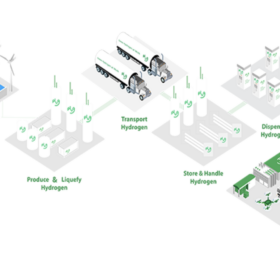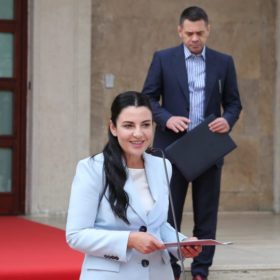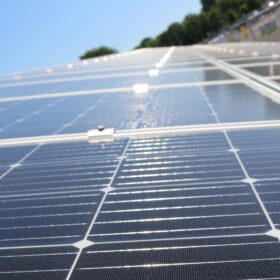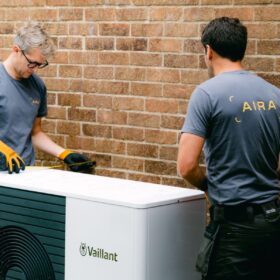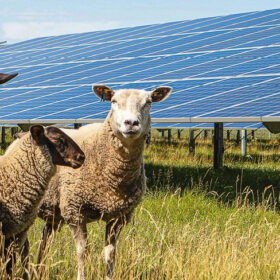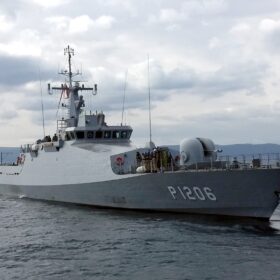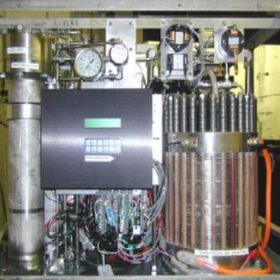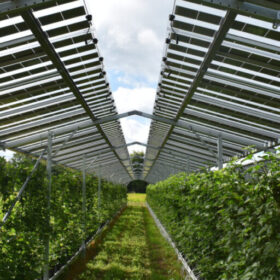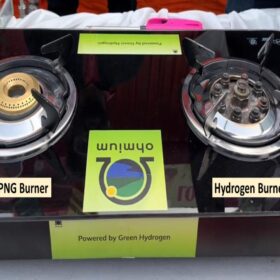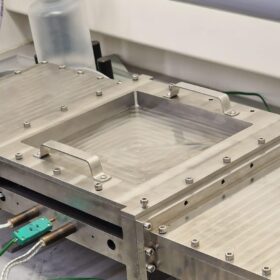The Hydrogen Stream: Plug Power commissions 1 MW PEM electrolyzer
A number of hydrogen projects are moving forward in the United States, Germany and Denmark. In other developments, the German state of Saxony is teaming up with other partners, including the Czech Republic, to set up a hydrogen network in Eastern Europe.
Albania launches 300 MW solar auction
The Albanian authorities aim to allocate 300 MW of solar capacity through a new procurement exercise, with projects ranging from 10 MW to 100 MW.
TOPCon solar module production costs now at $0.16/W in China, says ETIP PV
New figures from the European Technology and Innovation Platform for Photovoltaics (ETIP PV) show that China can now produce tunnel oxide passivated contact (TOPCon) PV modules for between $0.160/W and $0.189/W. Costs in Europe, India and the United States, by contrast, could be as low as $0.243/W, $0.281/W, and $0.195/W, respectively. ETIP PV made the comparison based on production at a 10 GW integrated PV factory.
Aira secures €145 million for heat pump expansion, manufacturing
Swedish heat pump manufacturer Aira has secured financing to expand its business, which targets the residential market. It has also obtained a grant to establish a heat pump production facility in Poland.
Has the US caught up with European agrivoltaic deployment?
With so much more agricultural real estate than Europe, the United States is building on the body of research built up across The Pond and rolling out solar panels on farmland at an impressive rate.
Red Sea tensions set to drive up solar module prices
The costs of transporting a container from China to Rotterdam have already almost tripled due to ongoing tensions in the Red Sea and the Gulf of Aden. Houthi militants have been attacking merchant ships there for weeks, preventing them from entering the Red Sea and transiting through the Suez Canal.
Reliance, Jindal, Adani secure electrolyzer capacity in SECI tender
Solar Energy Corp. of India (SECI) has awarded 1.5 GW of electrolyzer manufacturing capacity to eight companies in a recent tender.
Small-scale solar good for environment, but agrivoltaics might be better
Canadian researchers have conducted a lifecycle analysis showing that it’s good for the environment to put solar on rooftops, but a mix of small-scale PV and agrivoltaics might be a better alternative.
India’s NTPC demonstrates zero-emission ‘hydrogen cooking’
NTPC Energy Technology Research Alliance (NETRA) has demonstrated successful hydrogen cooking with a modified cookstove that uses hydrogen from a green hydrogen plant at its campus in India.
Aerosol process to boost perovskite solar cell performance
Aerosolar, a spinoff from the Queen Mary University of London, has created a novel aerosol method that it claims boosts efficiency and stability of metal halide perovskite solar cells.
